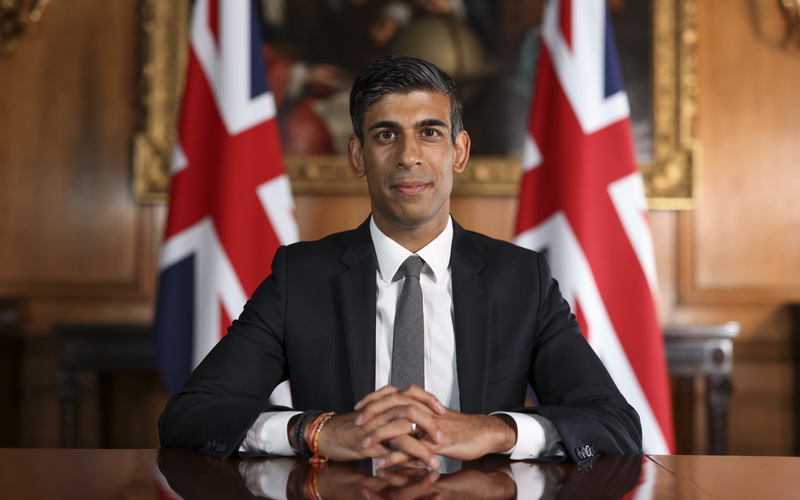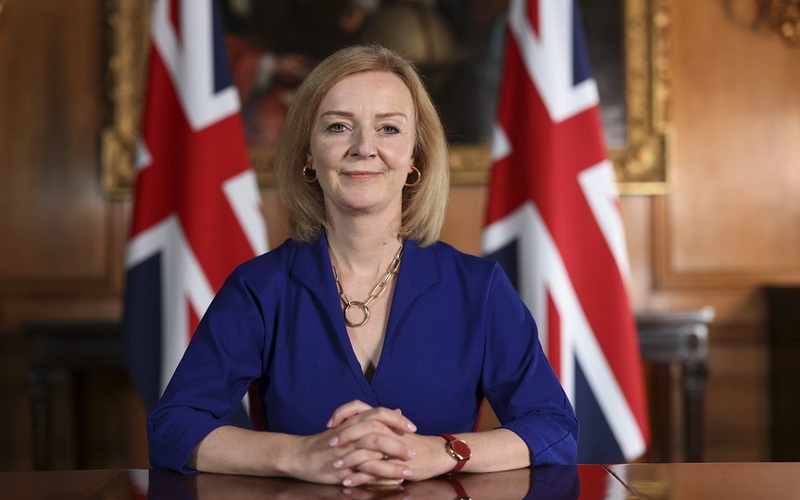Scrapping Inheritance Tax will make a myth come true
The argument for maintaining inheritance Tax
As rumours increase, that Rishi Sunak is reportedly drawing up plans to scrap UK Inheritance Tax (“IHT”), Joe Neal has been looking at what these proposals would mean to the general public.

There is a huge myth about IHT which really needs to be addressed before going any further. That myth is an embedded fear across the country that the majority of the population are going to pay IHT when they die, thus robbing their family and wider beneficiaries of money from their estates, whilst taxing money they’d already been taxed on over the course of their lives.
The reality is that this is completely untrue. The vast majority of people will never actually pay it and those that do are some of the richest people in the country. In fact the Government’s own Inheritance Tax statistics report published this summer proves that this fear is unfounded. That report showed that in 2020/21, just 3.73% of deaths in the UK (just 27,000 out of 722,000 deaths) paid anything at all. Given that in the same period there were 31.7 million people paying some form of income tax, out of a total population of 67.3 million (so 47.1% of the total population), the reality is significantly less people pay IHT than pay Income Tax.
There is an education in IHT needed here to really open people’s eyes to the reality of what is true and how the tax actually works.
Every person in the UK has a £325,000 nil rate band on which they will not pay any IHT. For most people that is enough. However, even that can be doubled with a spousal transfer of up to the same amount available (if all assets transferred to the surviving spouse on the first death) and increased further up to £1 million if leaving the main home to lineal descendants (with an estate worth less than £2 million). Furthermore, what people don’t realise is that any mortgages and other loans or debts will reduce the value of your estate for IHT as can unquoted shares through a specific relief (Business Property Relief – “BPR”). In fact, BPR will even give you a reduction of up to 50% of the value of land and buildings owned by a person and used in their business.
Because of not knowing these facts, none of those points are focused on and people just assume the myth is true. It’s powerful and it’s something that Mr Sunak will invariably play upon if he goes ahead and removes it from the tax code, as he thinks it a potential vote winner for the upcoming election. However, scrapping IHT would ironically mean way more people were affected by IHT than were ever going to be previously.
The reason for that is the significant loss of these funds to the Treasury’s coffers and how they would replace them. In the 2020/21 tax year there was just over £5.3 billion of tax collected. By the 2022/23 tax year, HMRC collected just over £7bn. Whilst IHT might account for less than 1% of HMRC’s total takings, (in comparison, Income Tax brings in approximately 33%, National Insurance 23% and VAT 21%), by the Government’s own indicators, to replenish these lost funds would need a 1% increase to both the basic rate and higher rates of tax or to the VAT rate. Any change to one of these would have a much more meaningful impact on the voting public whether done directly or hidden as a stealth tax such as the health and social care levy dreamt up by the Prime Minister in his former role as Chancellor.
Even if there were no increases in taxes and the Treasury absorbed this loss of receipts, the knock-on effect would be reduced public spending and local authorities being asked to stretch finite funds even further.
A further potential casualty of the scrapping of IHT is the Alternative Investment Market (“AIM”). AIM shares that have been held for over 2 years can be passed on free of IHT. Investment in AIM shares has been used by the wealthy to reduce their exposure to IHT. Once IHT has been removed, these shares (which are higher risk than the standard market) would lose their attractiveness and the market would be hit and could collapse.
AIM was created for smaller companies that could not meet the requirements or costs needed to float on the main London Stock Exchange. Now the market has over 700 companies. If this market loses investment, then these small businesses will struggle to obtain capital to grow, and their employees may be put at risk.
Rather than scrapping this, what Mr Sunak should be doing is looking at changes to it. The main £325K nil rate band has remained at this level since April 2009. In addition to this the £3K annual exempt gift allowance has stayed the same since 1981, and the £250 small gift allowance since 1980.
With inflation high, many families will envisage that their wealth would exceed this band before they die and therefore see themselves moving within the scope of IHT. A much cheaper option would be for the chancellor to increase the IHT bands in line with inflation rather than to scrap this entirely.
So, scrapping IHT will have far further consequences to the average person in the UK than IHT itself would ever have.”
You may also be interested in

Inheritance tax raises too much money to be scrapped

Liz Truss is wrong on Inheritance Tax













